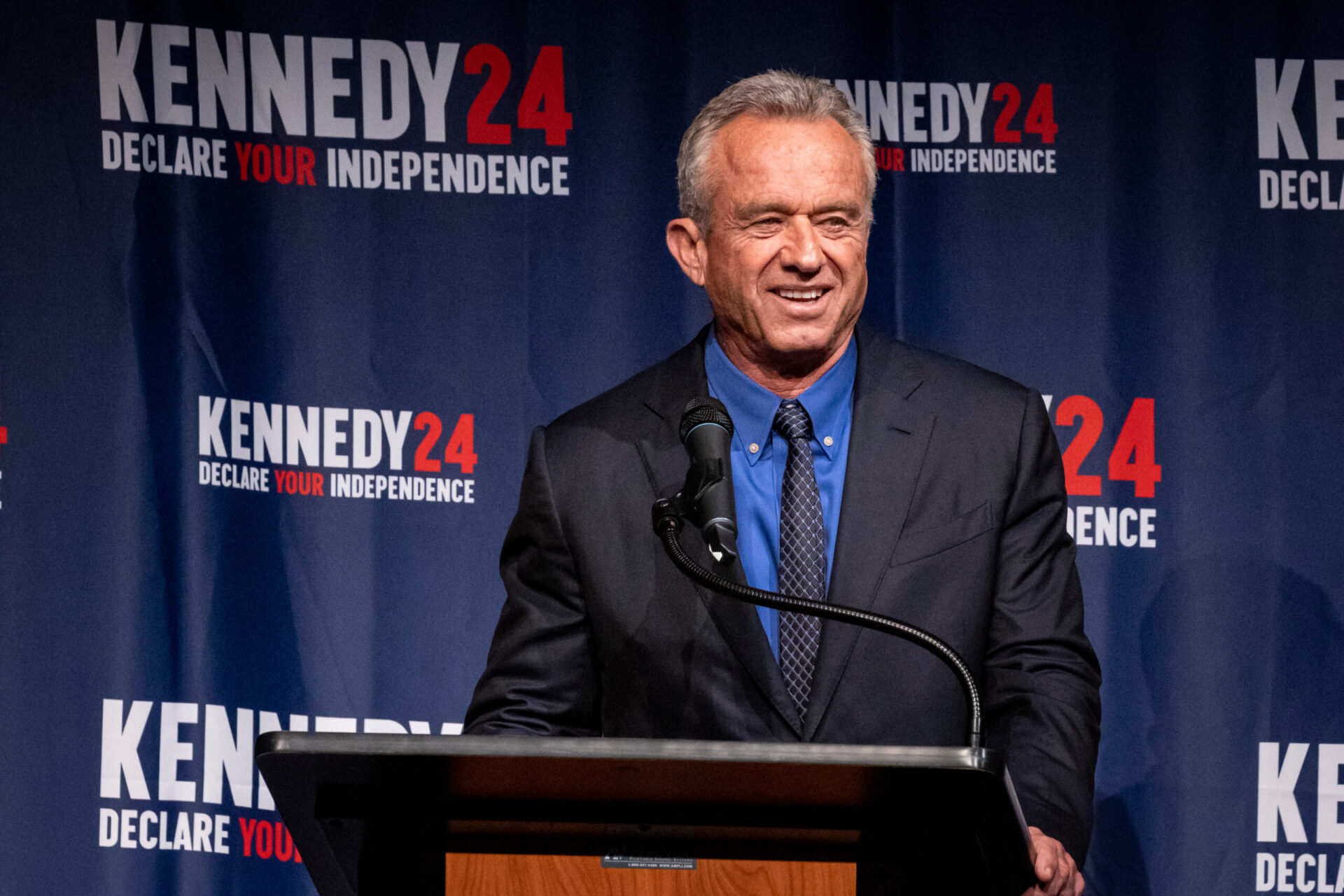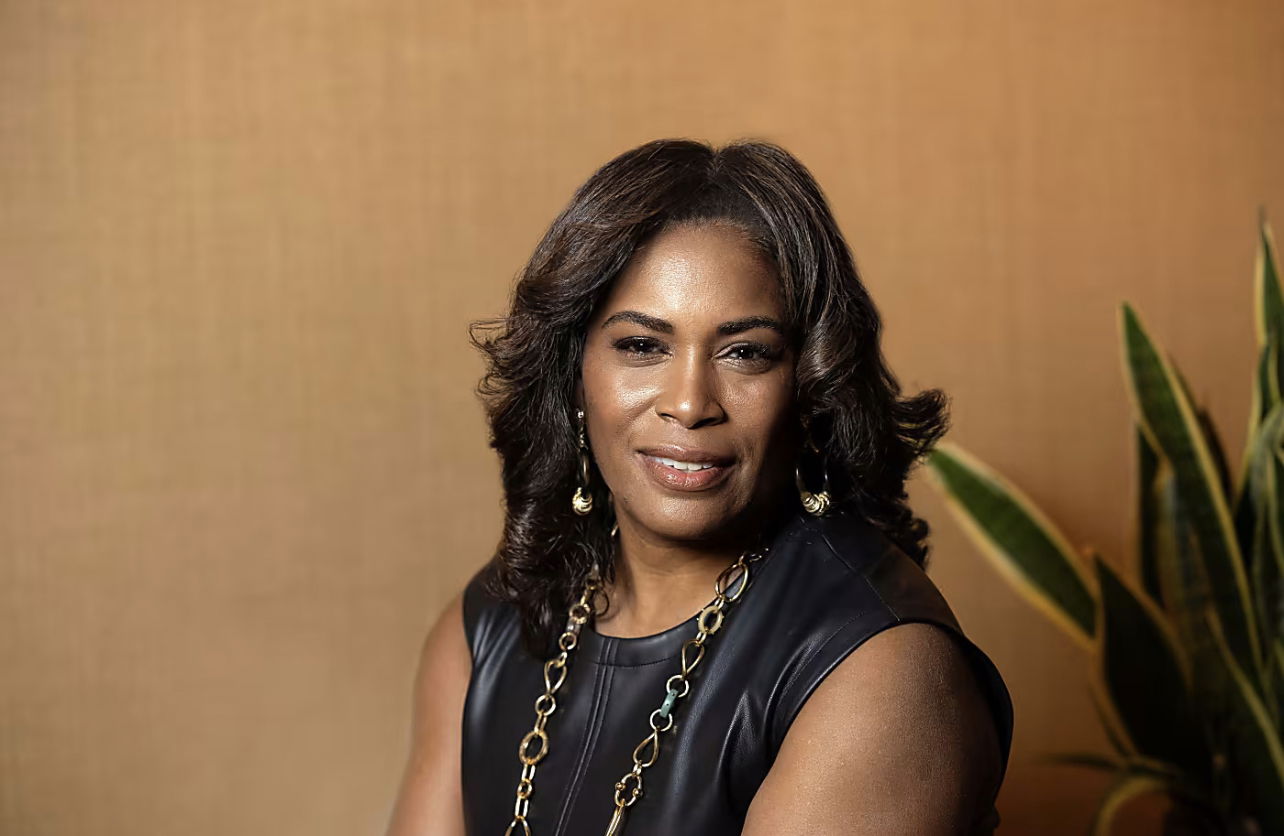
December 10, 2024
Indianapolis Police Officers Acquitted In Death Of Herman Whitfield III
It took almost a year for the officers to be indicted and for the police to release the complete and unedited body cam footage following repeated calls from Whitfield's the family.
Adam Ahmad and Steven Sanchez, the two Indianapolis police officers charged with involuntary manslaughter, reckless homicide, and misdemeanor battery charges regarding the 2022 death of Herman Whitfield III, were acquitted on all charges on Dec. 6.
According to The New York Times, the two men were the responding officers on a call for a wellness check after it was reported that Whitfield was having a mental health crisis.
The call to the police department was placed by Whitfield’s mother, Gloria, and according to the bodycam footage, the 39-year-old Whitfield was walking around her house fully nude.
The footage also showed Whitfield running. One of the officers deployed a taser and stunned the man, which caused him to fall down, and the officers handcuffed Whitfield while one pushed his face into the floor; Whitfield told the officers, “I’m dying,” and said that he couldn’t breathe.
Later, in the footage, the two officers performed CPR on Whitfield.
It took almost a year for the officers to be indicted and for the police to release the complete and unedited body cam footage following repeated calls from Whitfield’s family to do so.
According to The Associated Press, the family also called for the firing of up to six of the police department’s officers.
According to a statement from Marion County Prosecutor Ryan Mears, “In April 2022, Herman Jr. and Gladys Whitfield reached out for help, hoping that the police would protect their son in a moment of desperate need, and the result of what ensued was a tragedy.”
In court, Daniel Cicchini, the chief trial deputy for the Marion County Prosecutor’s Office, argued in his opening statement on Dec. 2 that the officers acted “recklessly” in restraining Whitfield longer than necessary.
“Essentially, his heart and lungs could no longer function properly,” Cicchini told the jury. “When they kept him in that position, they did so recklessly,” as a result of the officers’ actions, Whitfield was “unable to breathe.”
Following the acquittals of the two Indianapolis police officers, they will be allowed to return to their normal duties after completing a refresher course.
Per the department’s standard protocol, the officers had been placed on administrative leave after their indictment.
The next opportunity for the family to receive some justice for the death of their son will be through a civil suit, which is set to begin in July 2025.
Per The Associated Press, the suit seeks unspecified damages.
According to the lawsuit, Whitfield “died because of the force used against him” and says that he was the target of “unreasonable and excessive” force. It also argues that “Mr. Whitfield needed professional mental health care, not the use of excessive force.”
RELATED CONTENT: Indianapolis Officers Involved In Herman Whitfield’s Death During Mental Health Crisis








